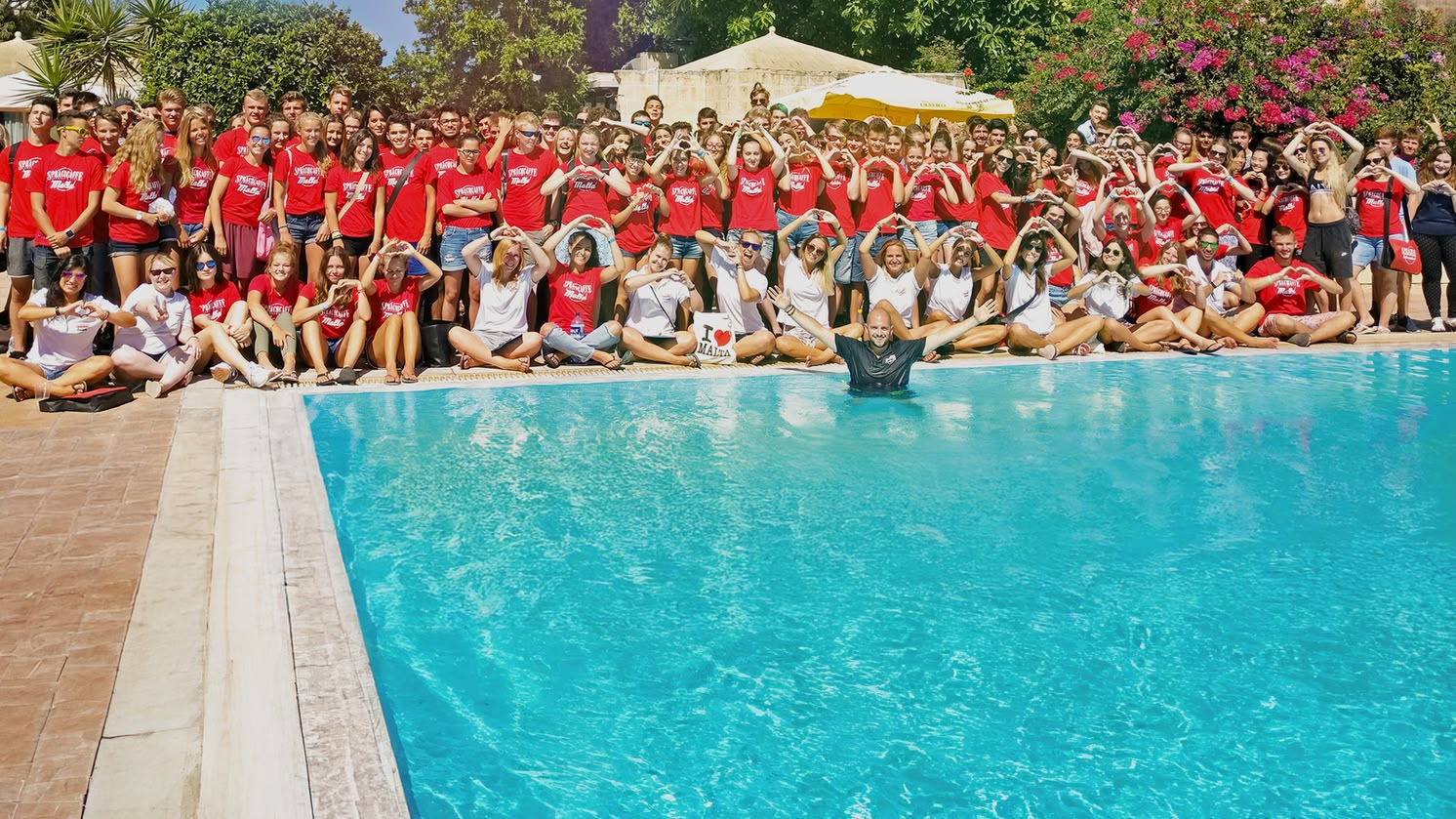Understanding the futur antérieur de l'indicatif : Formation and implementation
Le futur antérieur de l'indicatif or the future perfect indicative is a verb tense used to express a future action that will be accomplished before another future action. It is formed by using the auxiliary "avoir" or "être" in the future simple, followed by the past participle of the main verb. It makes it possible to situate a future action in relation to another future action, by indicating that the first action will already be completed before the second occurs.
» Usage of futur antérieur de l'indicatif
» Formation of futur antérieur de l'indicatif
Usage of futur antérieur de l'indicatif
Here are some common uses of the future perfect:
Actions that will take place before a specific time in the future :
- J'aurai fini mon travail avant ce soir. (I will have finished my work before tonight.)
- Ils seront partis avant la fin de la journée. (They will be gone before the end of the day.)
Future actions that will be completed before another future event :
- Quand tu auras terminé tes devoirs, tu pourras sortir. (When you've finished your homework, you can go out.)
- Nous serons rentrés chez nous avant que la fête ne commence. (We'll be home before the party starts.)
Actions that will have been completed before a future benchmark : :
- J'aurai obtenu mon diplôme d'ici l'année prochaine. (I will have graduated by next year.)
- Elle aura fini de lire ce livre avant la fin du mois. (She will have finished reading this book before the end of the month.)
Actions hypothétiques qui auraient été accomplies si une condition s'était réalisée dans le passé :
- Si j'avais étudié davantage, j'aurais réussi mon examen. (If I had studied more, I would have passed my exam.)
It is important to note that the future perfect of the indicative is generally used in a formal register of the language, and that in everyday spoken language, one tends to use simpler forms to express the same ideas.
Formation of the futur antérieur de l'indicatif in French
The future perfect of the indicative is formed by using the auxiliary "avoir" or "être" in the future simple, followed by the past participle of the main verb
| With the auxiliary "have": | With the auxiliary "to be": |
|
|
Examples:
| Examples:
|
It is important to note that the choice of the auxiliary ("have" or "to be") depends on the main verb and its intransitive or transitive construction. Some verbs use the auxiliary "to be" like "to come", "to go", "to arrive", while most of the other verbs use the auxiliary "to have".
Improve your French with Sprachcaffe
Discover all options to learn French abroad












